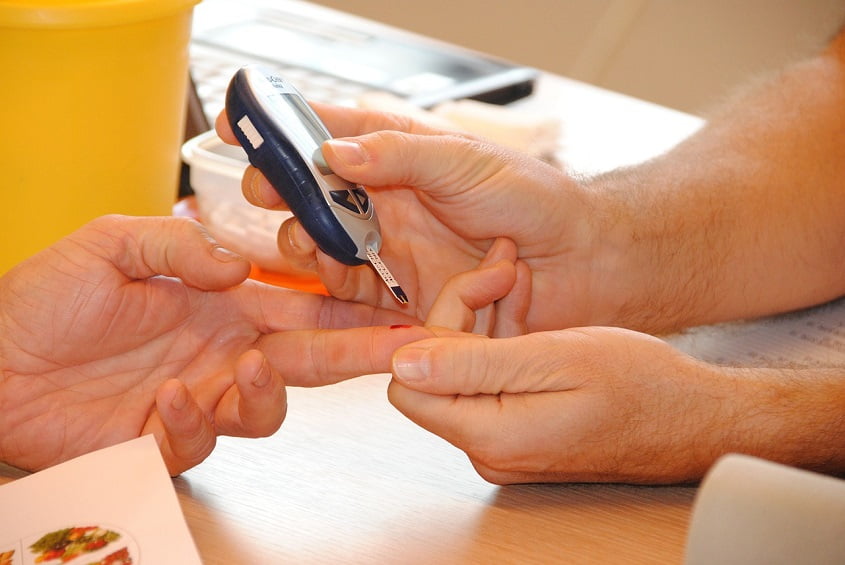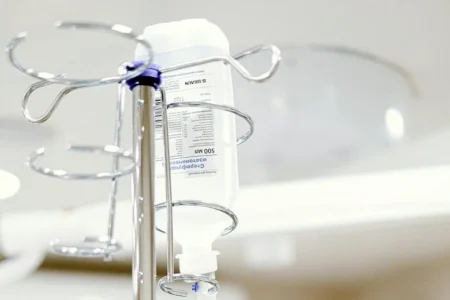Is the HbA1c Test the Same as a Diabetes Test?
- Updated on: Apr 23, 2024
- 2 min Read
- Published on Jan 25, 2023

Hemoglobin A1C blood tests examine blood sugar levels over a three- to six-month period. It’s used to diagnose diabetes and monitor your diabetes and overall health.
The HbA1c test measures the average level of glucose (sugar) in your body over time. The higher your HbA1c number, the higher risk you have for developing diabetes because it indicates how much damage has occurred in your body as compared with someone without this condition.
With regular testing and treatment for high blood pressure, cholesterol levels can be lowered significantly without medication or surgery; however, other lifestyle changes may be necessary in order to achieve optimal results.
People with diabetes are most concerned about their A1C because it shows where they stand right now.
A1C is a test that measures blood sugar levels over a three to six-month period. It’s considered the best indicator of how well your treatment plan is working, and it can also be used as an indicator of how well you’re managing your diabetes.
The most important thing about A1C is that it tells you where you are right now with regard to controlling your blood sugar levels; if they’re rising or falling too much, Consequently, there might be more going on than merely being exhausted as a result of having high-functioning diabetes (HbA1c).
The main reason for concern is the risk of needing medical care soon.
The risk of needing medical care soon increases with higher A1C levels. It’s estimated that about 50 percent of people with diabetes who have an hba1c blood test level between 7 and 10 years will require some type of long-term care in their lifetimes, while only 15 percent of those whose A1C level is below six years will need such services.
For instance, if someone has high blood pressure at one point, this is probably a sign of more problems that could get worse if something goes wrong.
If a person has high blood pressure at one point in time, this is likely an indication of further complications that could escalate if something goes wrong. High blood pressure (HBP) is a serious health condition that can cause heart disease, stroke, and other medical conditions such as diabetes and stress.
It’s important to note that HBP doesn’t just mean having an elevated reading on your blood pressure cuff; it also includes having two or more readings over 140/90 mmHg over two consecutive measurements, which is what most people think of when they hear “high” numbers associated with their bodies’ physical characteristics!
Test results help guide treatment plans for people with diabetes.
A good test result is an indicator of how well your treatment plan is working, and it can show you where you stand right now. But it also gives you information about where you might go if things aren’t going well with your current treatment plan (or even if they’re not going very well).
The test does not diagnose diabetes, nor can it guarantee future success or failure.
The A1C test is used to gauge how effectively your current treatment strategy is working. It can also help your doctor know if you need more insulin or medicine.
A1C tests are simple and noninvasive, but they do require blood samples from your fingertip or earlobe (which may hurt a little). The test takes just a few minutes; most people who get one will have results in less than an hour.
If your hba1c test level is higher than expected or changes a lot, this could indicate problems and encourage them to seek professional help immediately.












